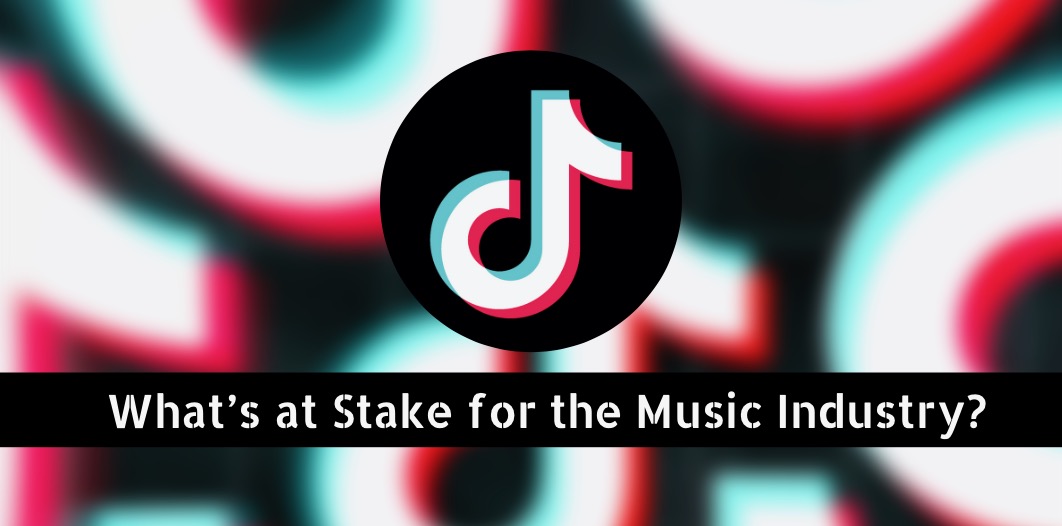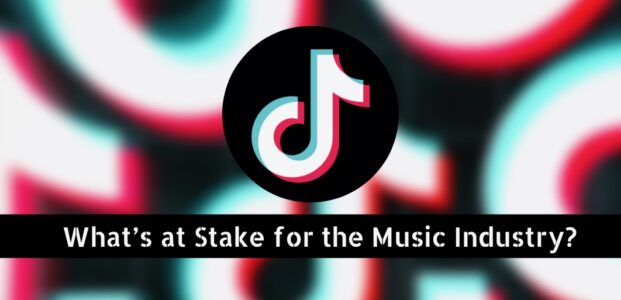The TikTok saga continues to develop with situations evolving by the hour. In case you have been unaware, TikTok, the social video app owned by the Chinese tech company called ByteDance, has been under heavy scrutiny from the US government for suspected surveillance activity. This has led the Trump administration to issue an ultimatum for TikTok: either sell its US operations to a US company, or get banned. As of today, August 13, Microsoft currently leads the race of buying the app’s US operations, yet skepticism towards the deal is heavy.
The latest turn of events has certainly ruffled the nerves of “TikTok addicts” around the country, yet perhaps even more so, it has caused massive concerns from the music industry. While you might be familiar with the hit songs that were made popular by TikTok, the app’s importance goes deeper than it seems.
Take Lil Nas X, the artist of “Old Town Road” which was arguably the song of the year in 2019. Before the song blew up on TikTok, he was a virtually unknown artist with no record label backing. The same thing happened with Arizona Zervas, who was independent, unheard of, until his hit song “Roxanne” blew up on TikTok. In the times before TikTok, it was near impossible for an independent artist to achieve such a feat. The record companies are effectively a barrier of entry to the industry: without the promotion power of an established label, it’s extremely difficult to break out.
However, TikTok has practically cleared away this insurmountable barrier. It provides an express lane for independent artists’ music to reach the masses. It becomes as simple as this: you hear a song you like on TikTok, you search it up on streaming platforms (even though you’ve never heard of the artist), you follow the artist, you tell your friends about it, and the song quickly becomes a hit. As you can imagine, the disruptive power this has to the recording industry is unlike anything that existed before.
It’s not only new artists like Lil Nas X and Arizona Zervas that are benefiting from TikTok, either. Drake was already one of the world’s top artists before “Toosie Slide”. Instead of releasing the song conventionally through his record label, he let it out it through a TikTok influencer by the name of Toosie, and the song instantly topped Billboard Hot 100. Other established artists like Jason Derulo have now garnered millions of followers on TikTok themselves, pulling big money through sponsorships for each short video they put out.
At this point, you might be asking: if TikTok is banned, why can’t another platform just do the same thing? Actually, they already have. Instagram just released the “reels” feature that’s – let’s be honest- a blatant TikTok copycat. Snapchat has also begun testing a vertical scroll feature that’s aimed at emulating TikTok. However, TikTok’s true power lies within its algorithm. Thanks to an astronomical amount of data gathered from its 800 million active users, TikTok engineers are able to accurately predict what you want to see based on what you’ve seen. This algorithm is what makes TikTok so addictive. Copycats like Instagram reels would certainly have a long way to go in this regard, and as it has turned out, Instagram reels has not been living up to expectations. Even in the event that TikTok’s US operations successfully transition to Microsoft ownership, many are questioning whether the algorithm will come with it, or if Microsoft will also have to start from scratch.
All in all, whatever’s next for TikTok will have significant implications for the music industry. The next month or so will be a decisive period for the fate of TikTok, as the entire music industry along with the app’s millions of active users keep a close tab on how it unfolds.
Written by: Jason Zhang
Editted by: Shivani Chauhan

